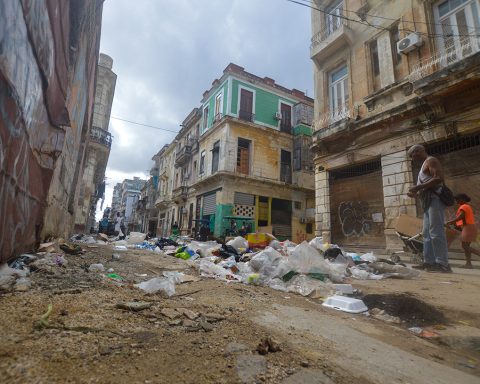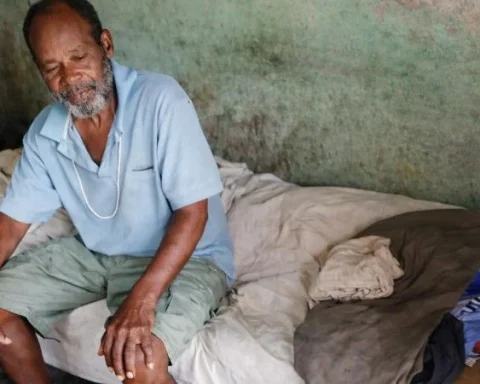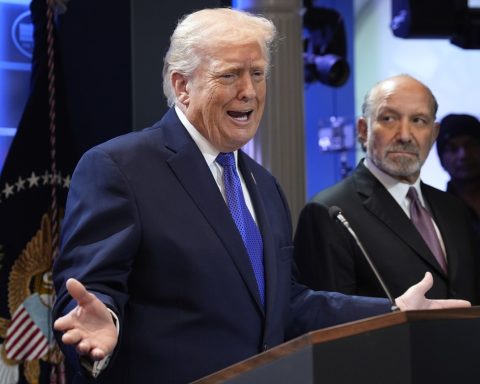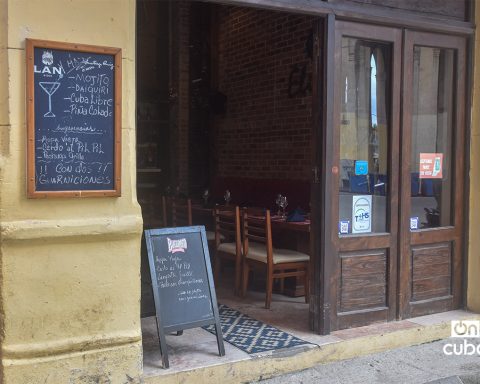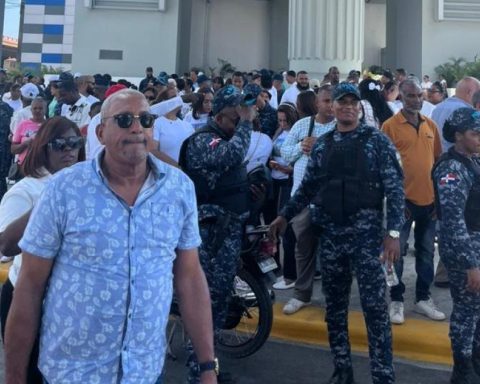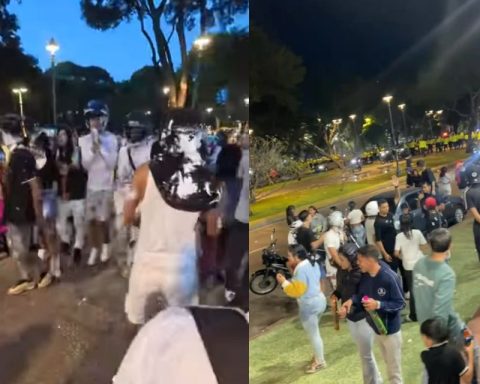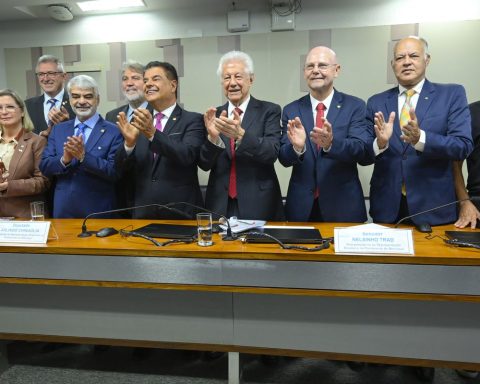SANTA CLARA, Cuba. – In the mid-1950s, the popular Aragón orchestra had just premiered the most popular piece of its repertoire on its live program on Radio Progreso, a resounding success beyond the borders of the Island, which would reach the New York stages in the voice of Nat King Cole. Upon hearing the song for the first time, the outstanding violinist and director of the group Rafael Lay had fully sentenced in conversations with its composer Ricardo (Richard) Egües: “Compadre, this is going to be a stick“.
The topic The Winemakerrecorded for the first time in November 1955, at the studios of the CMQ radio station, for the RCA Victor label, would become one of the most internationalized cha-cha-chás in the history of this genre due, in large part, to its well-known chorus of “take chocolate, pay what you owe”.
Curiously, however, this coda added to the lyrics does not bear much relation to the previous verses. The song The winemaker describes a scene in which the manager of these small grocery stores, very frequented at that time, is accommodating, helpful and happy because of the new rhythm in fashion (the cha-cha-cha). “The phrase is used simply because of the syncopated sound of the words, but it has nothing to do with the verses that came before,” ensures the former columnist of Los Angeles Times and Latin music critic Agustin Gurza.

The wineries were establishments that functioned as social centers where neighbors used to meet and exchange stories. Egües himself places the reference in the city of Saint Clarethe former province of Las Villas, where he lived in the late 40s of the last century and where he maintained his piano repair and tuning business alongside music. As he said in several interviews, he dedicated the song to a winemaker friend: “I never thought it would be so successful. I made almost all of Aragón’s arrangements, but none of them hit like this one,” he once confessed to The Day.
From various accounts by musicians who stood out in the Santa Clara music scene in the 1940s, it is known that the name of the aforementioned winemaker was Carlos Franco, who managed this establishment located on the streets of Unión and Estrada Palma. The sources agree that it was a daily meeting point for troubadours and musicians who would unload there while drinking the free liquor provided by its owner, who is speculated to have “collaborated” in some way with the lyrics of the song. However, there are no express statements by Richard Egües in this regard or musicological references that attest to the above.
The “take chocolate” has nothing to do with the sale of this drink in Franco’s wine cellar, but rather with a phrase used in the slang of the time to refer to “asking for money and not returning it” or “buying and not finishing paying.” It turns out that the popular refrain is based on anecdotes involving the legendary Cuban trumpeter, composer, and arranger. Alfredo “Chocolate” Armenteros, also a native of Villa Clara and who died in 2016 at the age of 87 in New York City, where he lived for most of his life. The man nicknamed “The Latin Louis Armstrong” was given the epithet “Chocolate” due to a Colombian fan’s confusion, who thought he was the boxer Kid Chocolate, perhaps because they shared the same first name.
In his book You choose, I’ll singresearcher Leonardo Acosta says that Chocolate had been hired by the Cuban-New York gang of Machito and the Afro-Cubansbut “he had some debts,” especially one of 300 pesos to the collector of the Atlas store, known as the musicians’ tailor shop.
The owner of this sewing bazaar “managed to prevent Chocolate from leaving Cuba without paying him,” says Acosta. The anecdote spread like wildfire as a taunt in the artistic world. And those who knew this say that from there came the popular phrase later used by Egües in The winemaker.
Various sources they assert that the famous flute player of Aragón had heard the “Take Chocolate, pay what you owe” in the street humming of an ice cream vendor from the port of Casilda (current province of Sancti Spíritus) and, knowing that it referred to the debt of the popular trumpeter, decided to incorporate it as a choirAnd other sources say the opposite: that he did not think about Armenteros’ debt when he launched the chorus.
Aside from speculation about the phrase, the truth is that this chachachá captures the essence of those expropriated wineries in which there was no shortage of “beans, potatoes or chili peppers.” Not in vain, Richard Egües himself recognized before his death in 2006: “My most famous number was The winemaker. It is my best composition, (…) the most popular.”
Follow our channel WhatsApp. Receive the information from CubaNet on your cell phone through Telegram.
